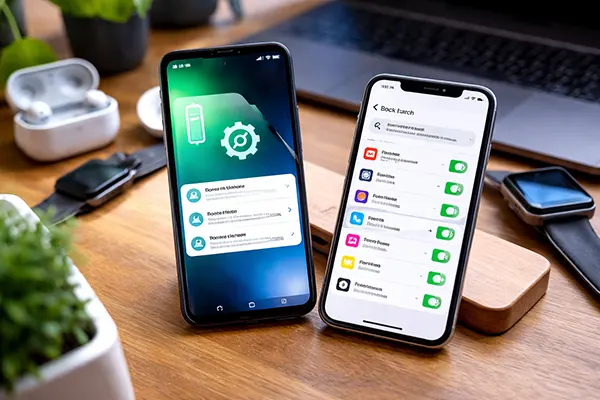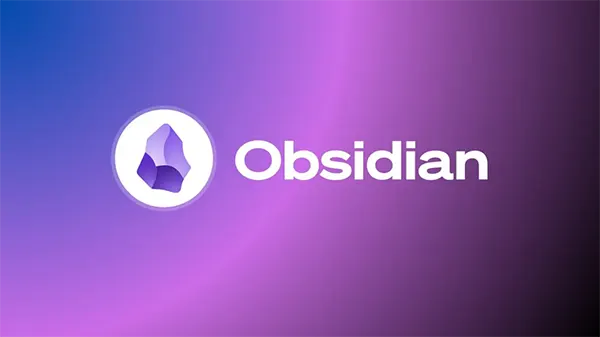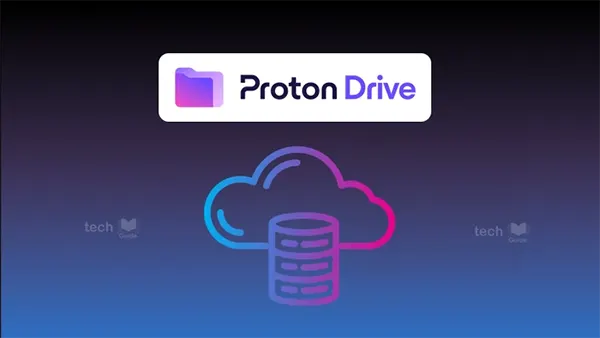Top 5 Secure Messaging Apps in 2025 for Anonymous Communication
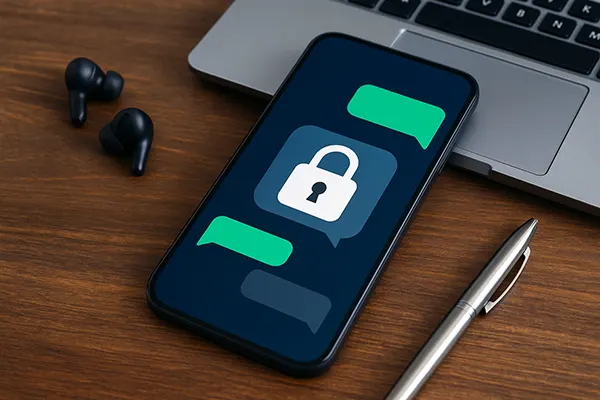
In 2025, concerns about online privacy and digital surveillance continue to grow. Users are increasingly seeking messaging tools that prioritise end-to-end encryption, metadata protection, and minimal data retention. Whether you are discussing sensitive business topics or simply wish to keep your conversations private, choosing a secure messaging app is essential. This article reviews five of the most reliable options for anonymous communication this year, based on transparency, technological architecture, and user trust.
Why Secure Messaging Apps Matter in 2025
The use of insecure messaging platforms can expose users to hacking, government surveillance, and corporate data mining. In 2025, the rise of AI-driven analytics and biometric surveillance technologies means that traditional communication apps may pose even greater privacy risks. Users who value their anonymity must now make informed choices about which platforms offer the best protection against data exploitation and unauthorised access.
Privacy-first applications now integrate zero-knowledge architecture, quantum-resistant encryption, and decentralised storage systems. These features ensure that not even the service provider can read user messages or track usage patterns. Additionally, many of the most secure apps are open-source, allowing independent verification of their safety claims and cryptographic protocols.
Legislative changes also drive this evolution. The European Union’s GDPR and updated ePrivacy regulations demand higher standards for data handling and user rights. Similarly, in countries like Australia and Canada, new laws have emerged that encourage secure-by-design technologies to protect citizen data from both commercial misuse and foreign intrusion.
Key Security Features to Look For
When choosing a messaging app, end-to-end encryption remains the cornerstone of digital privacy. This means only the sender and recipient can read the message, with no intermediaries involved. Top apps use Signal Protocol or other advanced encryption schemes that prevent third-party eavesdropping, even in transit.
Another vital component is metadata protection. While many apps encrypt message contents, fewer address metadata – such as who you messaged, when, and how often. Apps that minimise or obscure metadata offer enhanced anonymity by removing patterns that could reveal identities or relationships.
Finally, consider decentralisation and self-destructing messages. Decentralised networks reduce single points of failure and improve resistance to censorship. Self-destruct features limit how long messages exist, ensuring no residual data remains on devices or servers long-term.
Top 5 Messaging Apps for Privacy-Conscious Users
Based on functionality, transparency, and trustworthiness, five messaging apps stand out in 2025. These apps have undergone regular audits, actively respond to vulnerability disclosures, and commit to not collecting or storing user data.
1. Signal – This open-source app continues to lead in privacy thanks to its strong encryption, disappearing messages, and lack of data collection. In 2025, Signal introduced support for decentralised storage of backup keys, further enhancing user control.
2. Session – Designed for total anonymity, Session routes messages through the decentralised Oxen network. It doesn’t require a phone number, keeps no IP logs, and uses onion routing, similar to Tor, to mask user locations.
More Secure Options You Can Trust
3. Threema – A Swiss app compliant with strict European privacy laws, Threema offers complete encryption of messages, contacts, and even polling responses. No email or phone number is required, and servers are hosted in Switzerland.
4. Element (Matrix) – Built on the open-source Matrix protocol, Element supports decentralised communication with robust encryption. It’s a popular choice for organisations due to its flexibility and custom hosting options.
5. Briar – Ideal for activists and journalists, Briar uses peer-to-peer messaging over Bluetooth or Wi-Fi, avoiding central servers entirely. It functions offline and is designed for resilience in high-risk environments.
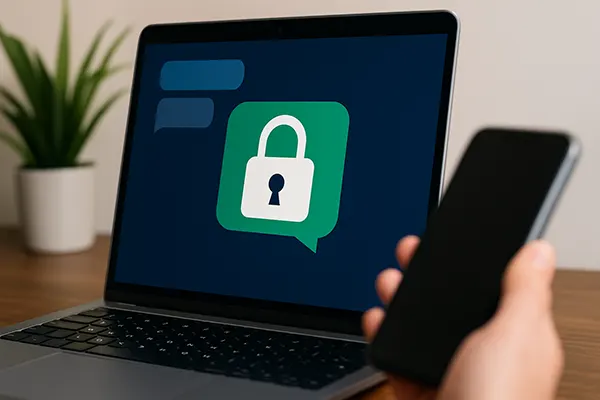
Choosing the Right App for Your Needs
The most secure messaging app depends on your use case. For everyday private communication, Signal or Threema may suffice. For users in restrictive regimes or under surveillance, Session or Briar offers better anonymity and decentralisation. Element is best suited for collaborative teams or communities requiring federated servers.
It’s also important to consider device compatibility, group chat functions, and ongoing development. Open-source apps with active communities are generally more transparent and faster to patch security flaws. Regular software updates are critical to maintaining protection against evolving threats.
Ease of use shouldn’t be overlooked either. While some apps prioritise security at the cost of a slick interface, others combine both well. Choosing an app that balances usability and safety will improve long-term adoption and reduce the temptation to return to insecure platforms.
Looking Ahead: What’s Next in Private Communication
In 2025 and beyond, messaging apps are likely to integrate biometric encryption, AI-driven spam filters, and quantum-resistant algorithms. Developers are also exploring blockchain technology for message authentication and permanent tamper-evidence.
Greater user education is expected too. As awareness grows, more individuals and businesses will adopt tools that empower digital sovereignty. Governments and human rights groups are advocating for the use of secure messengers in conflict zones and whistleblower operations.
Ultimately, the future of private communication will depend on the balance between usability, transparency, and innovation. Choosing tools today that respect your privacy is a vital step toward digital independence in an increasingly connected world.

